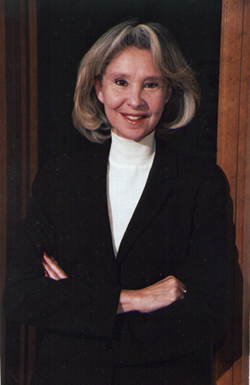TC Panel to Discuss National Academy of Sciences Report on Early Math Education
Ginsburg and Kagan will be joined by Taniesha A. Woods, a senior research associate at the
The event will be moderated by Thomas James, Provost and Dean of Teachers College.
The National Academy of Sciences report, released last spring, asserts that virtually all young children are capable of learning ideas and skills that support later, more complex mathematics understanding. But most children, especially those from low-income families, do not have access to adequate learning experiences in math.
“The relative lack of high-quality mathematics instruction, especially in comparison to literacy, reflects a lack of attention to mathematics throughout the childhood education system, including standards, curriculum, instruction, and the preparation and training of the workforce,” researchers reported.
“This report contains path-breaking findings and recommendations on the imperative to strengthen early learning of mathematics as a central element in the educational priorities of the nation,” said James said.
Mathematics education has become a top national priority as part of the need to improve the technical and scientific literacy of Americans as well as workforce competitiveness. High-quality mathematics instruction is especially important to low-income children, who, on average, demonstrate lower levels of competence with math prior to school entry.
Ginsburg has conducted basic research on the development of mathematical thinking, with particular attention to young children, disadvantaged populations, and cultural similarities and differences. He wrote, with Sylvia Opper, the widely used Piaget’s Theory of Intellectual Development, as well as introductions to early mathematical thinking (Children’s Arithmetic), and to clinical interviewing (Entering the Child’s Mind).
Kagan, recognized nationally and internationally for her work related to the care and education of young children and their families, is a frequent consultant to the White House, Congress, the National Governors Association, the U.S. Departments of Education and Health and Human Services, numerous states, foundations, corporations, and professional associations, and serves on over 40 national boards or panels. She is a founding Co-Director of the
Copies of Mathematics Learning in Early Childhood: Paths Toward Excellence and Equity are available from the National Academies Press, 202-334-3313 or 1-800-624-6242, or on the Internet at http://www.nap.edu. Reporters may obtain a copy from the Office of News and Public Information, 202-334-2138; e-mail news@nas.edu
Published Friday, Jan. 15, 2010

